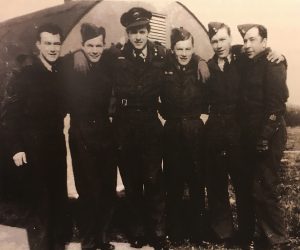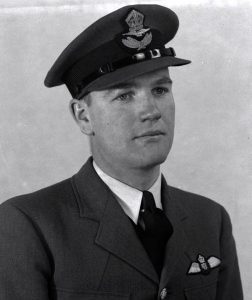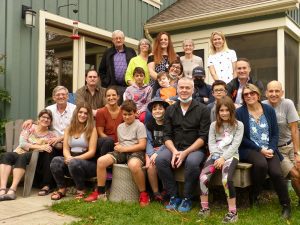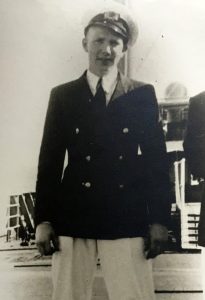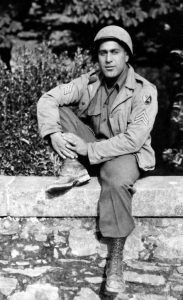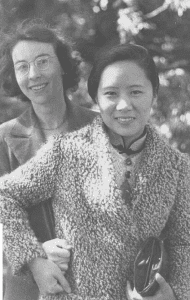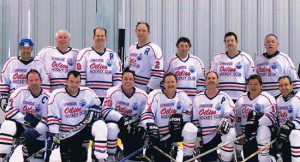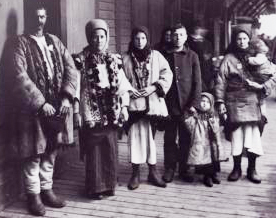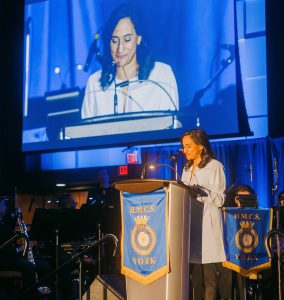
The evening was all about military pomp and circumstance. Hundreds of Canadian Armed Services personnel had gathered last Saturday night at the Beanfield Centre on the CNE grounds for Toronto’s premier social event in the military community. I actually landed a ticket and was seated at a table of Navy regulars and reservists. The 204th edition of the Garrison Officers’ Ball was well underway, when the Minister of National Defence arrived in time to address guests at the ball.
“I have important news to share with you,” Anita Anand said. “Today at 3:41 p.m. aircraft assigned to NORAD successfully took down (a) high-altitude airborne object. The object, flying at an altitude of 40,000 feet, had unlawfully entered Canadian air space and posed a reasonable threat to the safety of civilian flight.” (more…)
